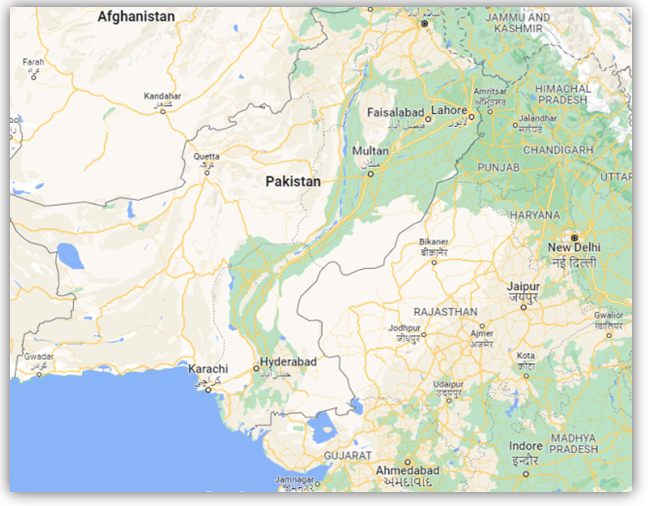Assessment of Sewage Water Quality in Selected Areas of Kotri for the Use of Irrigation Purpose.
Keywords:
Sewage Irrigation, Water Quality Assessment, Heavy Metals, Microbial Safety, Sustainable ReuseAbstract
The effectiveness of irrigation is significantly impacted by the sewage water quality. The goal of the recent learning was to assess the sewage water quality status in the chosen Kotri district of Hyderabad for irrigation. The sewage water trials were collected from the targeting point, Gorkhani village, by taking proper precautions. This sample was then carried in the laboratory of the Energy and Environment Department at Sindh Agriculture University, Tandojam, Sindh, Pakistan, to investigate the features of the sewage water so that it could be confirmed for use in irrigation. The selection parameters looked at were Total Dissolved Solid (TDS), Sodium Adsorption Ratio (SAR), Residual Sodium Carbonate (RSC), Hydrogen Power (pH), Chloride (Cl-), Arsenic (As), Boron (B), and Zinc (Zn). Physicochemical parameters are measured to pinpoint the sewage water quality issue. It is seen that sewage water was highly contaminated when it was used for irrigation for agriculture. The result of the study was compared with the irrigation water quality criteria standard (IWQCS). The sewage water feature in this revision region was judged to be hazardous and inadequate for irrigation. When the sample from the village Gorkhani, Kotri, was collected, the situation was very poor, in which high TDS, RSC, SAR, Cl-, were found. According to the health and IWQCS data, irrigation may cause serious health diseases such as diarrhea, abdominal pain, stomach problems, typhoid, and other diseases. This sewage water needs proper treatment to be used in irrigation for agricultural purposes.

















